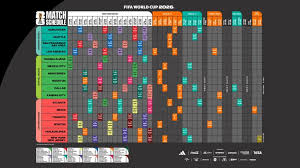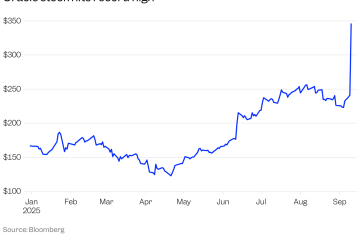Understanding Warfare: Strategies and Technologies in Conflict

Introduction
Warfare has long been a critical element of human history, shaping nations and influencing global dynamics. In recent years, the evolution of technology has transformed the landscape of conflict, necessitating a deeper understanding of contemporary warfare. As we witness increasing geopolitical tensions and conflicts around the world, exploring the multifaceted aspects of warfare becomes paramount to grasping its implications for global stability and peace.
Modern Warfare: A New Era of Conflict
Contemporary warfare encompasses a range of strategies and technologies, moving beyond traditional combat. The rise of cyber warfare, unmanned aerial vehicles (UAVs), and advanced surveillance systems has redefined how conflicts are conducted. Countries are investing heavily in cybersecurity to protect their critical infrastructure from potential attacks, as seen in recent incidents targeting governmental and financial institutions.
Moreover, artificial intelligence (AI) is increasingly being integrated into military operations, enhancing decision-making processes and operational efficiency. Governments worldwide are exploring AI for tasks such as threat analysis, logistics management, and even autonomous combat systems. As these technologies develop, ethical considerations and accountability in their deployment come to the forefront, raising questions about the future landscape of warfare.
The Human Cost of Warfare
While the technological advancements in warfare may provide tactical advantages, the human cost remains an essential aspect of discussion. Recent conflicts in regions like Ukraine and the Middle East have highlighted the devastating effects of warfare on civilians, infrastructure, and societies as a whole. The displacement of populations, loss of life, and psychological trauma are issues that not only affect the immediate regions but also have long-term global repercussions.
The Role of International Diplomacy
International organizations and diplomacy play crucial roles in mitigating conflicts and addressing the grievances that lead to warfare. Efforts from the United Nations and various human rights organizations strive to promote dialogue and peace-building initiatives, emphasizing the importance of understanding and addressing the root causes of conflict rather than resorting to military solutions.
Conclusion
As warfare continues to evolve, understanding its complexities is essential for fostering peace and preventing conflicts. The interplay of technology, strategy, and humanitarian concerns will define future engagements and their repercussions on global stability. By prioritizing diplomatic efforts and ethical considerations in warfare, we can work towards a more peaceful world. For readers, staying informed about these changes and their implications is vital for cultivating a well-rounded perspective on international relations and security.









